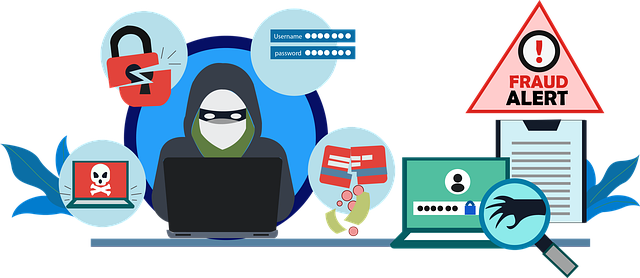|
Click to listen to this article
|
By John Harris, Owner and Founder, Paradigm Fresh
Fraud in our industry has existed for years, not only in the onion business but also in the produce business. If we haven’t been directly affected by a trucking issue, we probably know someone who has. It usually goes by way of a shipper/broker paying for freight through a freight brokerage. The freight broker fails to pay the trucking line that hauled the produce, and then a collection agency knocks on your door to collect the freight that you already paid. This fraud is more about the trucking industry having some bad players than it is directly correlated to the produce industry itself. However, it has affected many of us at one point or another.
Now there’s another scheme out there that has become quite prevalent and is extremely shady when peeling back the layers of how it is being played out. Unfortunately, I’m speaking from firsthand experience and I know several others in the business that have been caught up in the situation I’m about to explain. Not only was I caught up in this fraudulent scheme, but I have seen the same scheme happening throughout the country.
Here is the scam. A fraudster will call or email you looking for onions. They will be representing a well-rated company found in the Produce Blue Book. Their email signature will be that of the company they are fraudulently representing. The phone numbers in their email signature will closely match the listing of the actual company, at least the area code. Their email address will also, at first glance, match up with the company they say they represent. Everything at first glance will check out.
People are getting tripped up and caught up in these schemes because the person calling is knowledgeable and educated on the onion business and the market. These people have a produce background, have become criminals out of greed, and have found a loophole in the system when industry salespeople sell off the cuff without proper vetting. They get immediate validation after a few minutes on the phone because they are real produce/onion industry folks.
This buyer will offer to purchase a load of onions for a price point that is reasonable with the current market; they won’t overpay, which also helps build their credibility, especially when looking them up in the Produce Blue Book while on the phone with them. After a back and forth and perhaps a quick sale on an item that usually needs to move, this customer will send in a truck, and the load is sold FOB. These fraudsters send confirmations and purchase order numbers and have passings and invoices sent directly to them once the load has shipped.
Once the load has been picked up on the trucks that they are also defrauding and have no intention of paying, they will have the load sent to a completely different destination, unloaded and sold for cash, on the street, or whatever method they can use to collect. Since this fraudster has no intention of ever paying for the onions or the freight, they can sell for dollars under the market, and by the time you figure out what happened, the emails and phone numbers you had for this person have been shut down. It’s not rare for this fraudster to purchase multiple loads over multiple weeks from the same vendor, especially as a relationship begins to form and some trust and rapport are built.
Once it’s time to collect and you call the company you believe the onions were sold to, you’ll find out they have absolutely no idea who you are and no record of ever buying or receiving the onions that were picked up. You can’t file a Perishable Agricultural Commodities Act (PACA) claim against the company indicated as the original buyer, as they had nothing to do with the transaction. One would think you could get ahold of the truck line and obtain a delivery address or a signed copy of the bill of lading (BOL) from unloading. But the deliveries are made in inconspicuous places, and the BOL may only provide a received name scribbled and illegible, if it is even signed at all.
There has been enough fraud to warrant the PACAs starting to have special investigators handle these cases. There are many ways to prevent this from happening in the first place. A good place to start is to notice that the fraudster’s email won’t directly match that of the emails in the Produce Blue Book listing of the company they are representing. The phone numbers in their email signature are also close but don’t match, although if you call the office phone line from the email signature, there will be staff that answer and verify the information. It is fraudulent, and it’s quite a scheme. So instead, verify through the phone numbers and emails listed in the Produce Blue Book before proceeding. Everyone in the industry has their process, which should be followed while being on the lookout for this scam as it has been ramping up over the years. It’s elaborate and costing the industry thousands, possibly millions, of dollars.
I wish all the people involved were caught and thrown in jail. It would be great to be able to collect at some point, but I am certainly not holding my breath. Be prudent in your vetting of new customers so you don’t fall victim to one of these fraudulent scams. These folks are criminals and good at what they do.
